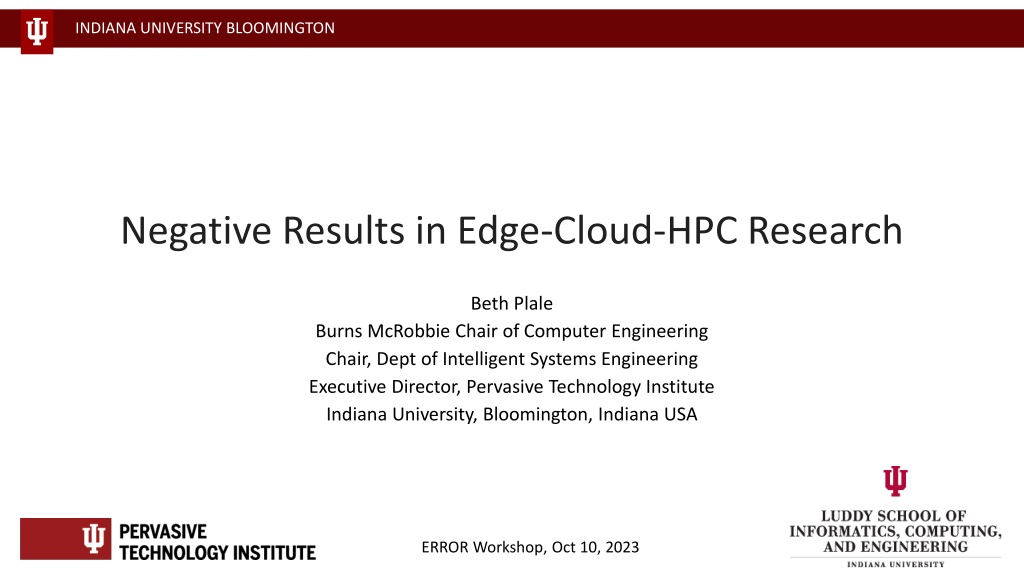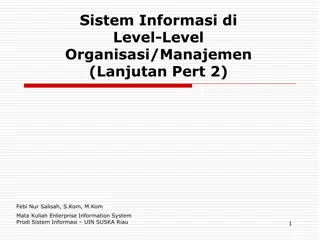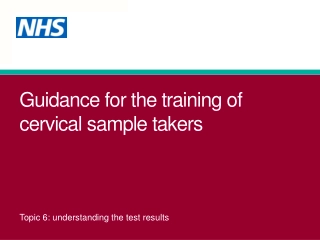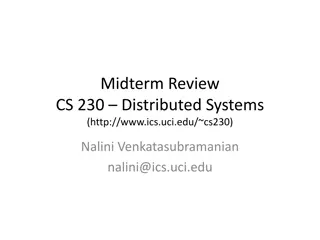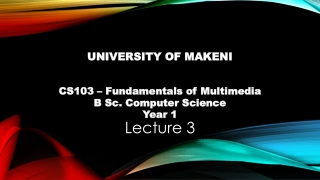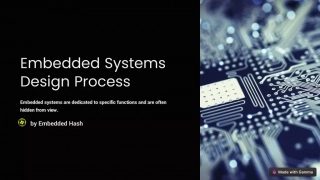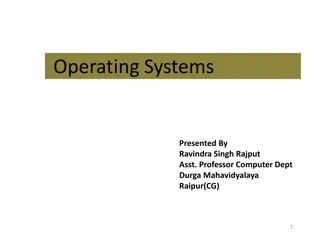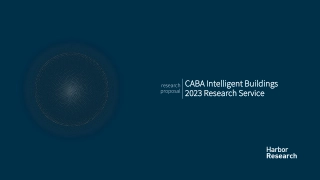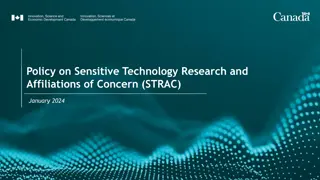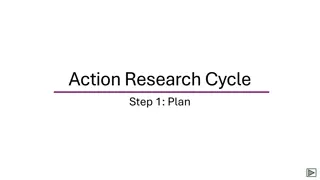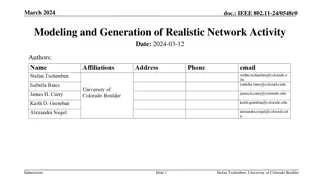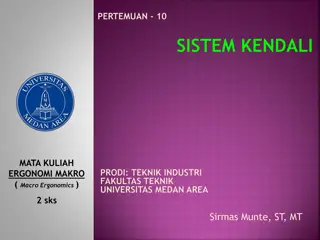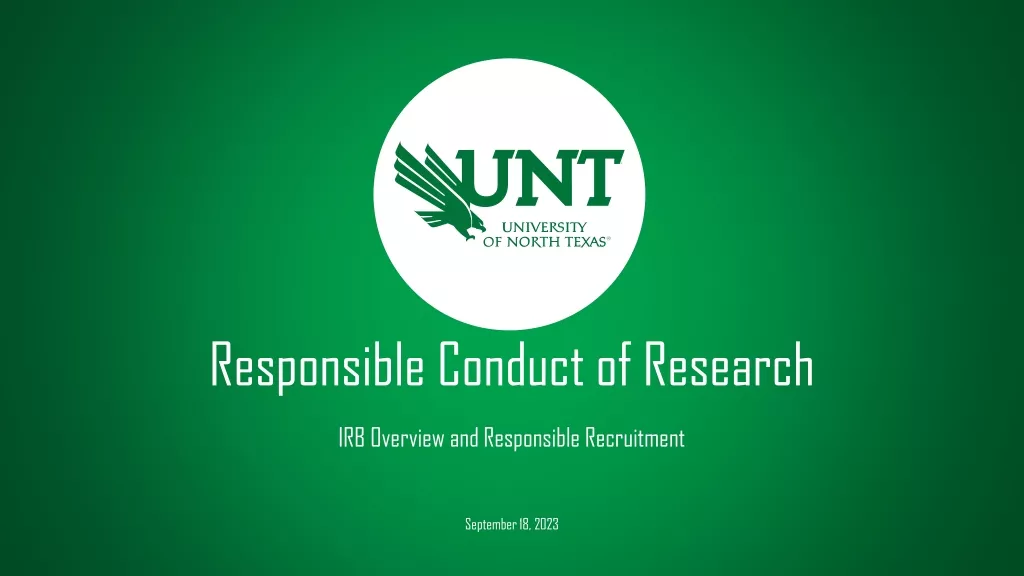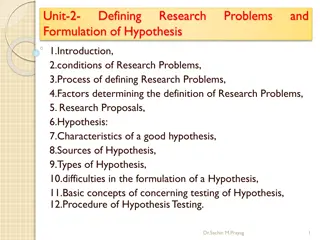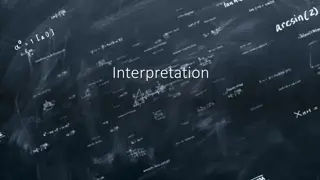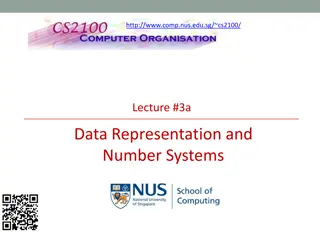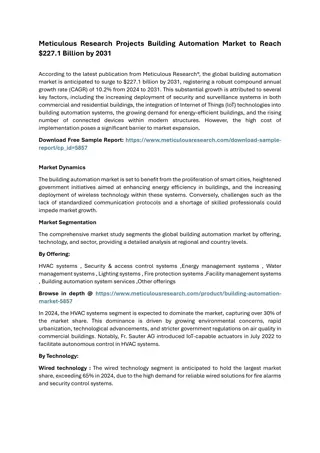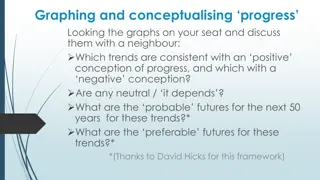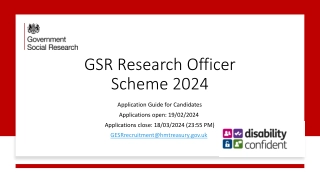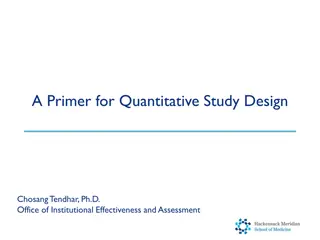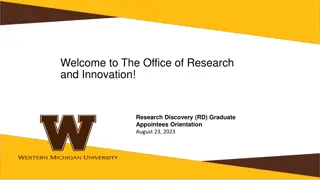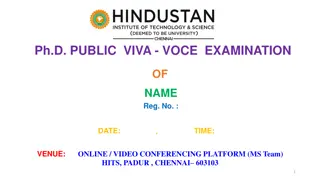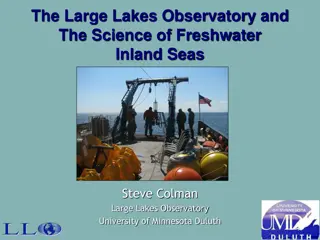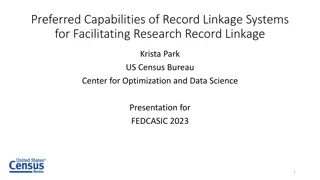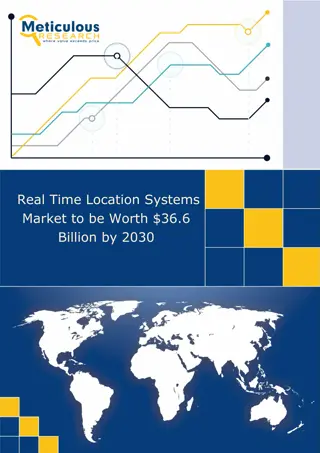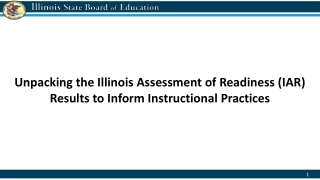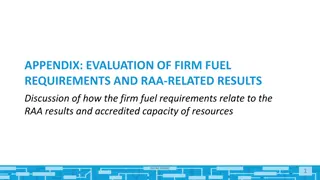Understanding Negative Results in Systems Research
Systems research encompasses various areas such as operating systems, networking, and distributed systems. Negative results in systems research often go unpublished, leading researchers to focus on curating positive outcomes. This practice can hinder the credibility of scientific findings and impede knowledge accumulation in the field. Disciplinary norms and incentives play a significant role in the publication of research outcomes, favoring novelty over replication and potentially perpetuating false effects in the literature.
Understanding Negative Results in Systems Research
PowerPoint presentation about 'Understanding Negative Results in Systems Research'. This presentation describes the topic on Systems research encompasses various areas such as operating systems, networking, and distributed systems. Negative results in systems research often go unpublished, leading researchers to focus on curating positive outcomes. This practice can hinder the credibility of scientific findings and impede knowledge accumulation in the field. Disciplinary norms and incentives play a significant role in the publication of research outcomes, favoring novelty over replication and potentially perpetuating false effects in the literature.. Download this presentation absolutely free.
Presentation Transcript
INDIANA UNIVERSITY BLOOMINGTON Negative Results in Edge-Cloud-HPC Research Beth Plale Burns McRobbie Chair of Computer Engineering Chair, Dept of Intelligent Systems Engineering Executive Director, Pervasive Technology Institute Indiana University, Bloomington, Indiana USA ERROR Workshop, Oct 10, 2023
With thanks to Sadia Khan, Informatics PhD student Sachith Withana, ISE PhD student Yu Luo, Postdoctoral Scholar Julie Wernert, PTI
Systems Research Systems Research Systems research: any work that would come out of a ``systems group'' at a research university, including operating systems, networking, distributed systems, [grid, cloud, HPC], theory about systems, etc. 1 Systems research papers are frequently evaluated on engineering- based criteria: the applicability and utility of the research in solving real world problems. Work frequently needs to show itself better than a competing research work. Metrics quantitative. 1 The Many Faces of Systems Research - And How to Evaluate Them, Brown A., et al. HotOS05
Systems research uses quantitative, often experimental metrics Increase in model accuracy (incremental) Speedup (parallelization) Fewer messages exchanged in communication protocol Lower latency Lower storage, bandwidth, computational use Lower energy use
A negative result in systems research is a research study that yields one or more non-favorable outcomes (metrics) Negative results don t get published. Researchers respond by curating towards positive results so that result can be published. This hurts science credibility.
Negative Results Origins in Psychology Publishing norms emphasize novel, positive results. As such, disciplinary incentives encourage design, analysis, and reporting decisions that elicit positive results and ignore negative results. Prior reports demonstrate how these incentives inflate the rate of false effects in published science. When incentives favor novelty over replication, false results persist in the literature unchallenged, reducing efficiency in knowledge accumulation. Scientific Utopia: II. Restructuring Incentives and Practices to Promote Truth Over Publishability, Brian A. Nosek, Jeffrey R. Spies, and Matt Motyl, https://doi.org/10.1177/1745691612459058
Preregistration as solution (origins psychology) Well defined hypothesis, stated in advance through preregistration, publisher makes commitment to publish regardless of final outcome of study Research questions and analysis plan defined before observing the research outcomes a process called preregistration. Widespread adoption of preregistration will increase distinctiveness between hypothesis generation and hypothesis testing and will improve the credibility of research findings. Reduces the incentive to p-hack The preregistration revolution, Brian A. Nosek, Alexander C. DeHaven, and David T. Mellor, PNAS, https://doi.org/10.1073/pnas.170827411
Preregistration and hypothesis testing: applicability to systems research Predictions lend themselves to hypothesis testing. Systems research tends to have multiple measures against which success could be measured. So instead of p-hacking, we may see (or not see) a carefully filtered view of performance (some metrics shown, others not) in the submitted manuscript for review ( metric hacking ) plale@indiana.edu
What are we encouraging with positive results lense on paper evaluation? metric-hacking Performance graphs that don t tell the whole story. That do just enough Iterative work Lower rates of reproducibility. Metric hacking could lead to reluctance to make information available to build off piece of work or confirm finding Cholera tramples the victors & the vanquished both. Robert Seymour. 1831. U.S. National Library of Medicine / Wikipedia, Public Domain.
Objective then is to not have author penalized (paper rejected) for results that don t fit an expected pattern (of what is measured) What would negative result model look like applied to our field? Is preregistration the way to do it?
Interpreting negative results and preregistration for our field Future is journals/peer reviewed conferences who adopt practice of: Increased appreciation and valuation of unexpected performance results Gives fuller picture Avoids metric hacking and carefully selected graph inclusion Encouraging evaluations of broader considerations Encouraging transparency of results reporting (reproducibility)
Case of large language models Use of LLMs as conversational agents for interfacing with science research infrastructure
members of a community provide to all members in order to fulfill a relational obligation they all have to care for certain interests that they have in common $500 million dollar investment in AI Institutes research network Common good asks that we as cyberinfrastructure researchers care for the shared interest - that is, the innovations, the infrastructure National cyberinfrastructure a hundreds of millions of dollars investment It is an obligation to 1) not add to misinformation, 2) not add AI innovations without assessment of potential harms, 3) not add to a resource depleted planet
Public in US has resiliently high regard for science Misinformation can over time erode the confidence that citizens have in the scientific methodology, and reduce confidence in scientists' commitment to acting in the public interest This applies to the systems we build that facilitate scientific research
Cyberinfrastructure researchers have considerable power as upstream innovators but trust is fragile We need to avoid contributions to misinformation: ChatGPT quickly characterized as contributing to misinformation miasma plale@indiana.edu
Suppose we develop an LLC backed conversational agent that we know is spews falsehoods but outperforms our rivals. Do we publish the results? plale@indiana.edu
Capture true cost in our assessments True Cost Accounting is the balancing of all costs and consequential costs that arise in connection with the production of a product. How much food would really have to cost if one also included the environmental follow-up costs that arise during production and the entire supply chain. 4% price premium on conventional apples, 30% on organic mozzarella and 173% on conventionally produced meat of our innovations
Use metrics that capture true cost of products: e.g., compare cost to build (train, retrain) and execute against (older) alternates Use that cost to make conscious deployment choices Except in rare cases, Britain will pay for new drugs only when their effectiveness is high relative to their prices German regulators may decline to reimburse a new drug at rates higher than those paid for older therapies, if they find that it offers no additional benefit
What are we encouraging with positive results lense on paper evaluation? metric-hacking Performance graphs that don t tell the whole story. That do just enough Iterative work Lower rates of reproducibility. Metric hacking could lead to reluctance to make information available to build off piece of work or confirm finding Tools and systems that have been designed as ignorant of broader benefit or harm
What can be done 1 2 3 4 Researchers capture true cost in assessments of innovations Journals/conferences valuate unexpected performance results Papers contain evaluations of broader considerations Community encourages transparency of results reporting (reproducibility)
INDIANA UNIVERSITY BLOOMINGTON Thank you plale@indiana.edu
